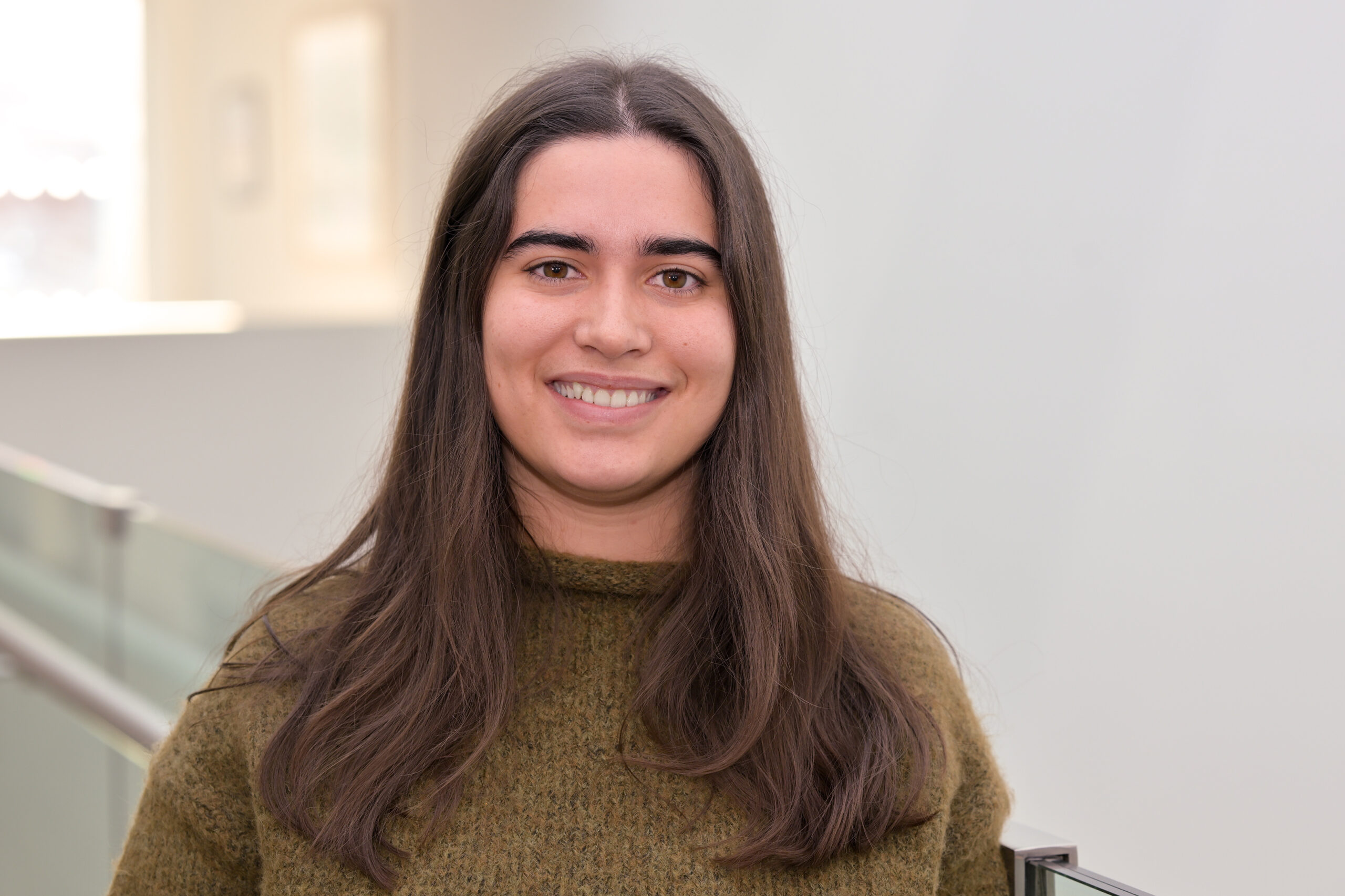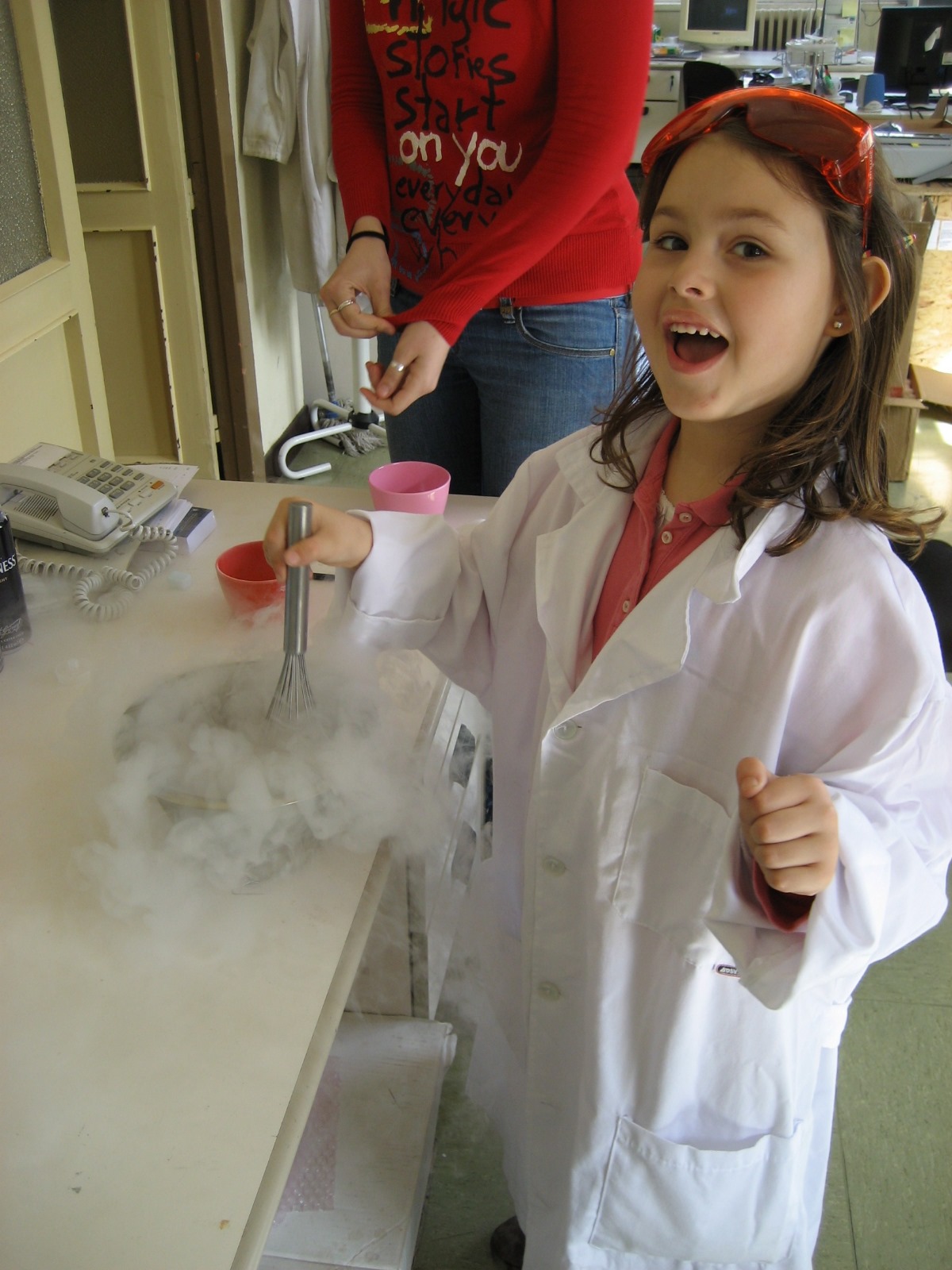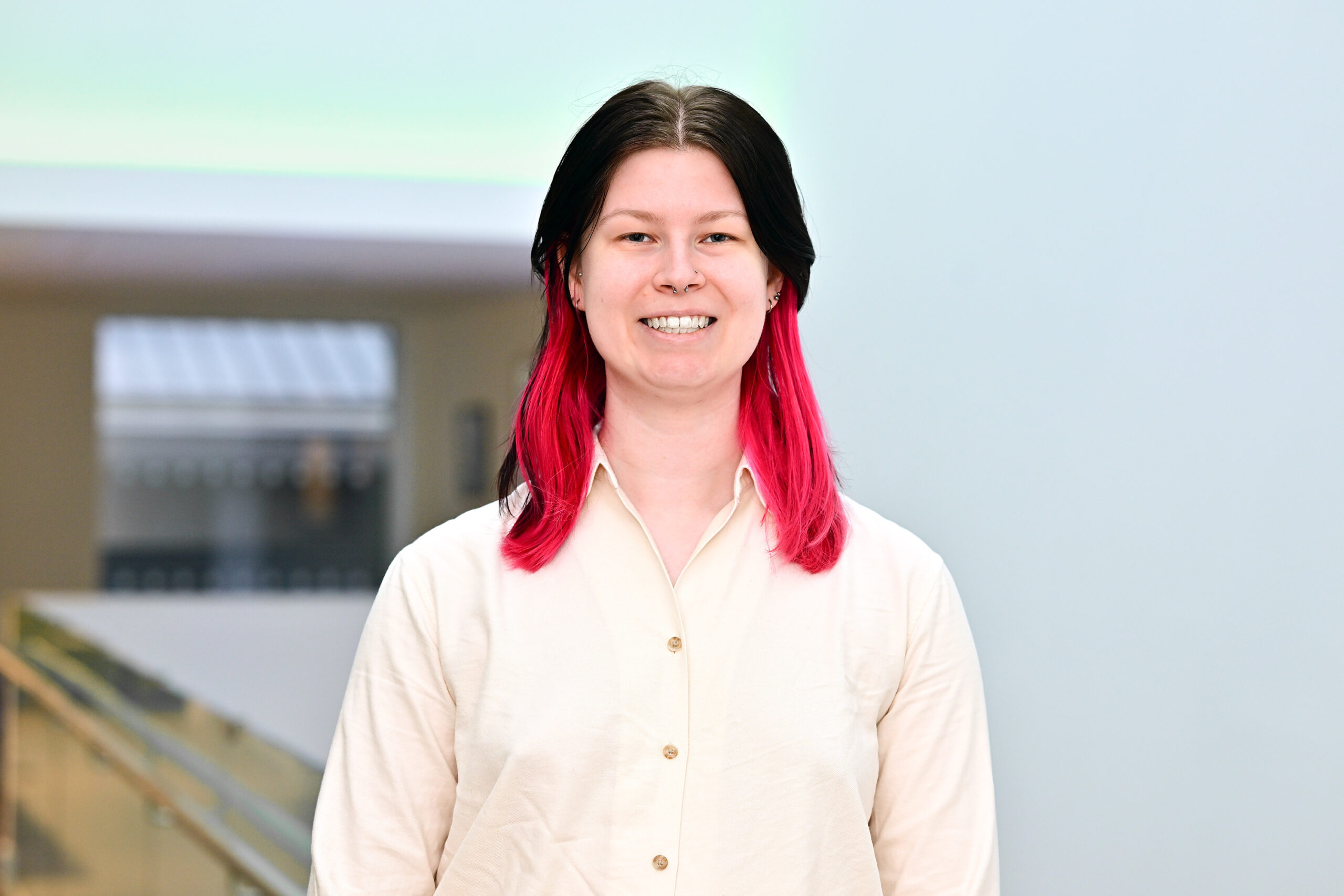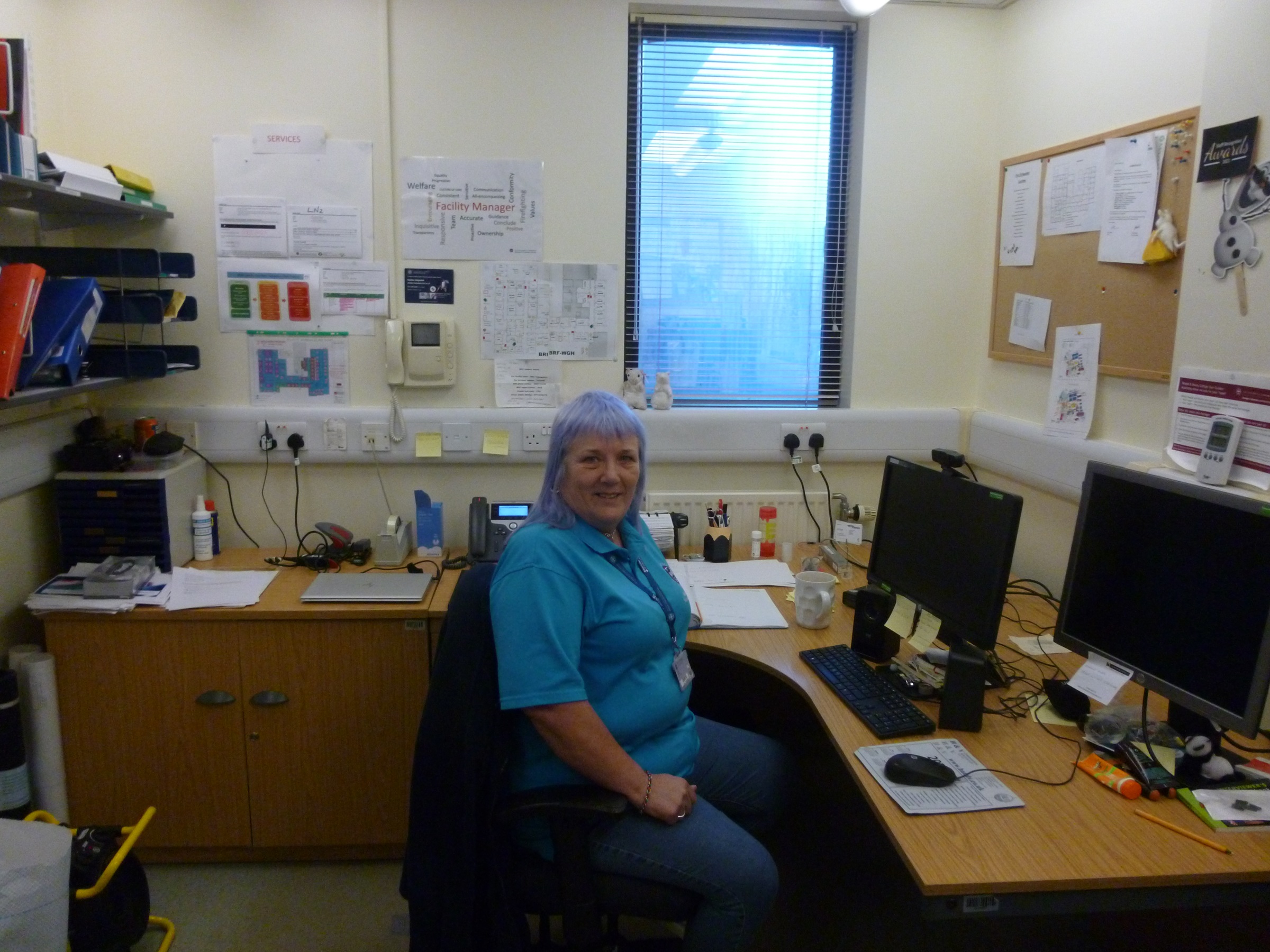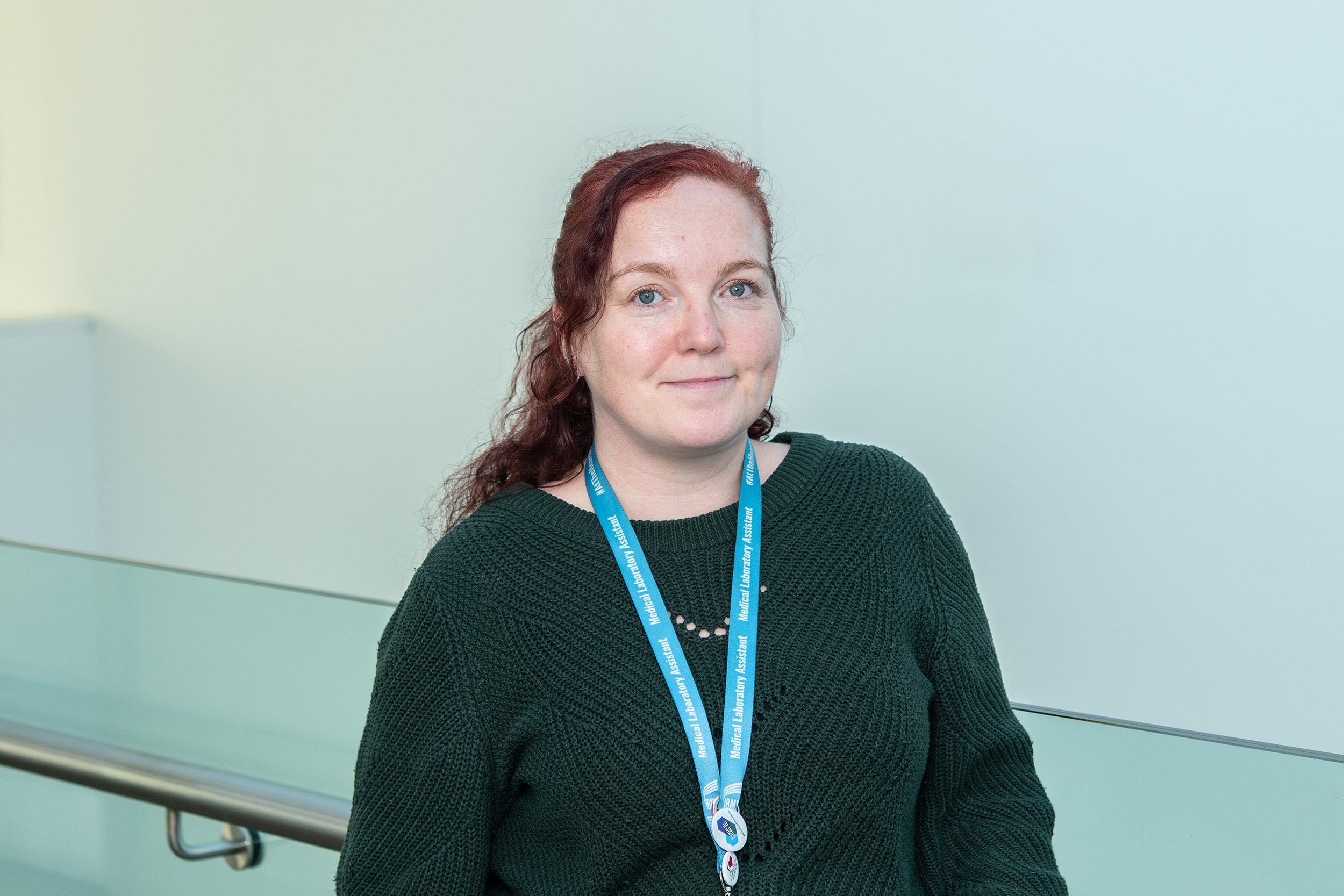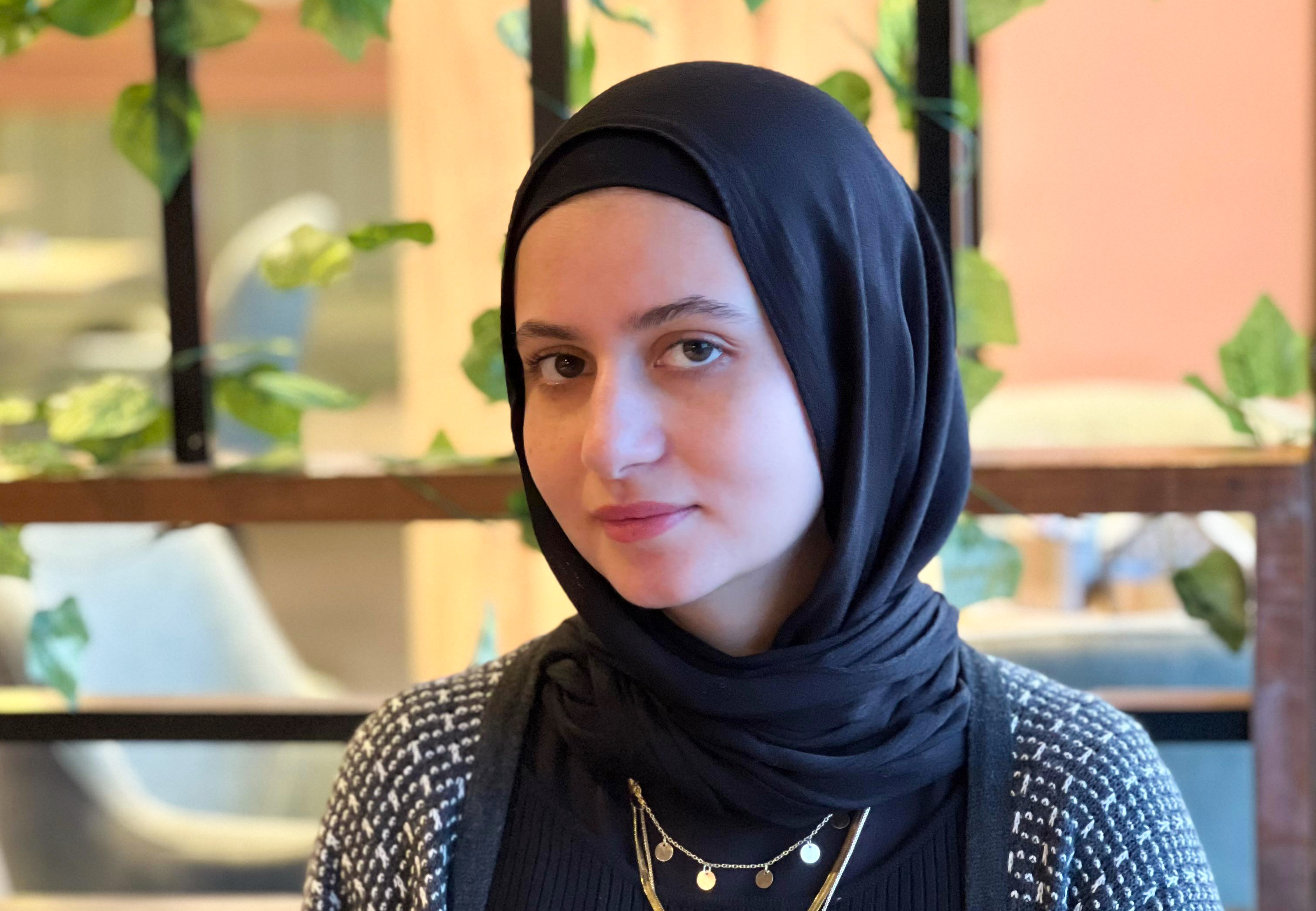I find lab work incredibly rewarding and I feel very privileged to be able to continue my education in such a welcoming and stimulating environment. It is quite common for people in the science field to struggle to think of themselves as ‘scientists’, even if they spend the entire day in the lab and have […]
If someone had told me a year ago that I’d be five months into a PhD in Edinburgh, I probably wouldn’t have believed them. Not because it wasn’t something that I aspired to, but because the reality of uprooting my life, moving to a new city and being miles away from my family and friends […]
A day in a life as scientist is ever-changing. Science is fun, challenging, exciting, educational, interactive, social, mind-blowing and of course, fascinating. A typical workday encompasses many of these, making each day a little adventure. Staying informed is crucial as a research scientist. Around the globe, new research ideas are emerging and evolving all day […]
When I was little, we had a fridge that could be easily opened by my two-year-old self. My mother used to always have an open can of tuna in the fridge to prevent me from roaming around and touching things. I used to think that she took advantage of my aversion for the smell of […]
About Me Hi everyone! I’m Alsadeg, a fifth-year medical student at the University of Edinburgh, currently in the first year of the PhD phase of my MB-PhD. I’d like to tell you a bit about this programme and, hopefully, shed some light on why I’ll be at University for nine years and how I ended […]
Dr Waad AlBawardi is a postdoctoral researcher at the Institute of Genetics and Cancer investigating the role of nucleosome positioning in regulating chromatin structure and dynamics. She is mentoring a student at Holyrood RC High School in Edinburgh as part of a scheme run by the national social mobility charity Career Ready, which is supported […]
There it was… I knew immediately that this was a path I wanted to take. Hello everyone! My name is Rowan and I am currently in the middle of my first year of the TRAM MB-PhD programme. I shudder slightly as I transition from saying start of my first year to middle of my first […]
By Linda Clark, outgoing BVS Facility Manager I always wanted to work with animals – being a vet was my first choice, however I did not have the qualifications that would allow me to study for this. I was at an athletics meeting with the Penicuik Harriers when I got talking to a couple of […]
Tammy Piper’s role as Tissue Bank Manager at the IGC came about both as a result of, and despite, her upbringing. The oldest of three children growing up in a dysfunctional family in Great Yarmouth, Norfolk, as a teenager she took to running away as things reached a ‘cooker pressure’ situation at home, often staying […]
By Ola Elbadry, a first-year Masters student in Cancer Biology and Precision Oncology (online learning) and Edinburgh Global Online Learning Masters Scholarship awardee. I completed my undergraduate studies in Pharmaceutical Sciences at Alexandria University, Egypt, where I developed an avid interest in cancer biology. My goal was to gain a profound understanding of the intricate […]


